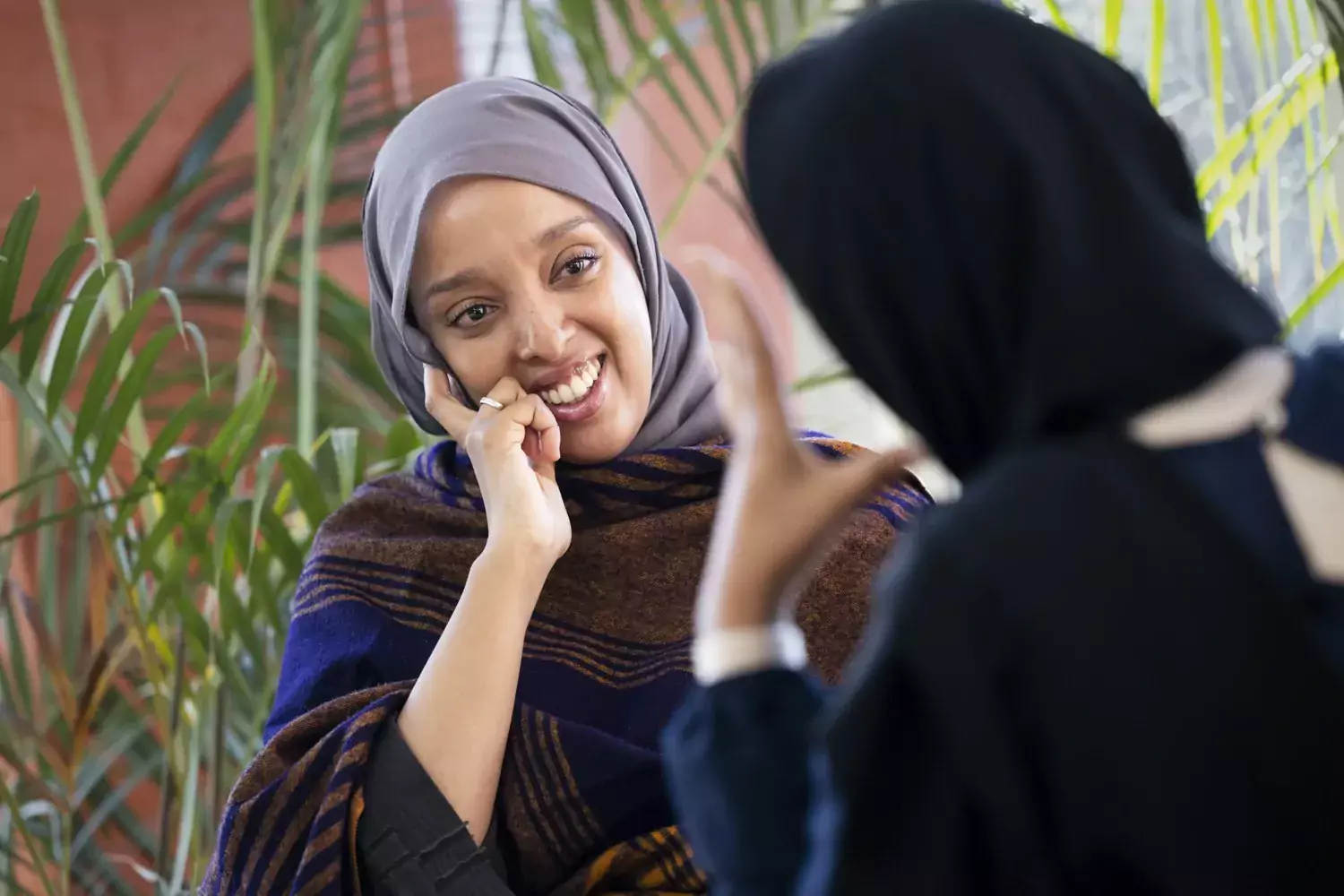Meet participants of Leadership for Transformative Change
Meet Dr Amal Ali, a public health specialist working as the technical advisor to the Director General of the Ministry of Health Development in Somaliland.
She is a participant of the training programme Leadership for Transformative Change. It is a programme designed for leaders in organisations in any societal sector working for societal transformation towards sustainability.

Why did you choose to participate in this training?
Although I have a great belief in my ability to lead, I wasn't sure if the change I was hoping to see would be transformative or sustainable, for that matter. A friend of mine sent me the details with the short message: This is for you, apply! After having read the training content I was convinced that this would be a training programme in which I would receive tools and skills to use throughout my career as a health professional, in the context I want to work in.
What have been your impression of the training so far?
Thus far, we've had interesting and thought-provoking discussions about leadership and how to foster change in systems and societies as a whole. We had only previously interacted remotely during our online sessions, so meeting the faculty and other fellows in person during our face-to-face gathering in Sweden was crucial to our growth, I believe. We could not have had the kind of deep and vulnerable conversations through virtual means. Topics ranged from high to low, as we discuss experiences from around the globe and learned from each other's challenges.
How do you think this training will impact or help your organisation and community?
Since one must lead oneself before one can lead others, it will increase my awareness of my own leadership qualities and shortcomings. In order to hone my leadership style, I will also delve deeply into novel ideas like gender transformative leadership and design thinking. As a result of my new knowledge, I will look beyond the Ministry and adopt a more expansive viewpoint to identify stakeholders in the system as well as in society at large who should be included in co-creation and decision-making processes that may have an indirect impact on them.
Tell us a little bit about the transformation project you and your co-applicant are you working on!
Our transformative leadership projects touch upon gender transformative leadership, focusing on strengthening female leadership in Africa in public health governance, an area in which my colleague and I operate. As female leaders at the Ministry, we face challenges, such as gender disparities, discrimination, and unfair treatment in the workplace. Although the current leadership at the Ministry is very progressive and has created spaces for us to lead and thrive, the system is not conducive enough for female leadership. Consequently, women's ability to assert themselves and be heard is still hampered by social and cultural constraints. We hope that through the mentorship and facilitation programme embedded in the programme, we might get the tools and skills to navigate through and overcome these difficulties as we plan to implement equitable public health interventions for all.
More about Leadership for Transformative Change
Leadership for Transformative Change aims to provide leaders motivated for systems innovation and transformative change with knowledge, tools and a network for a sustainable future. The programme is offered part-time (20%) in English over a period of 12 months. A majority of the programme modules will be organised online, but all participants will also come together for two real-life meetings, one of them in Sweden.
The programme is offered by Uppsala University in collaboration with Karolinska Institutet, the Swedish University of Agricultural Sciences and the World Wide Fund for Nature (WWF). The programme is initiated and funded by the Swedish Institute, Vinnova and Sida.
Read more about the training programme on Uppsala University's website.
